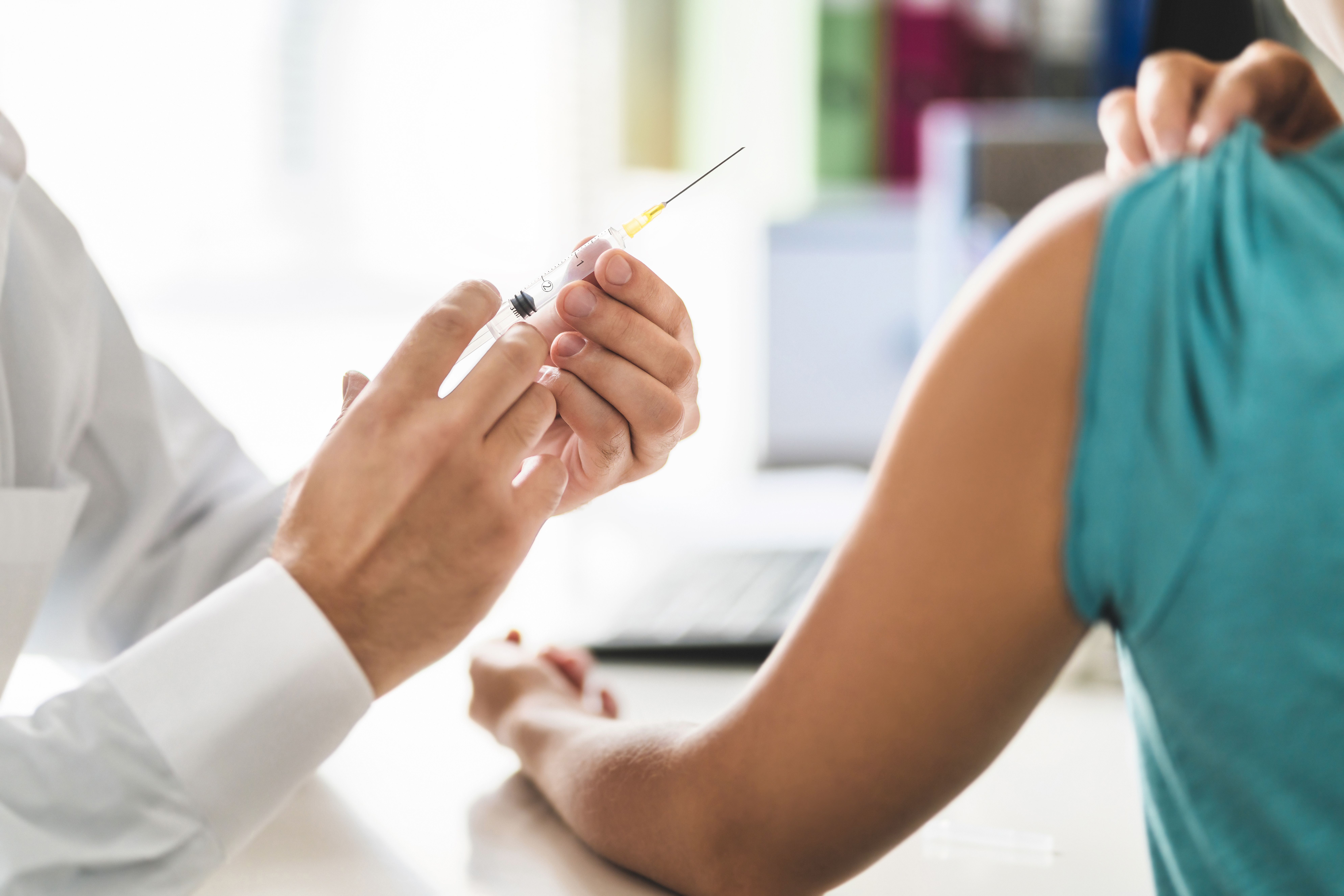- Bone Health
- Immunology
- Hematology
- Respiratory
- Dermatology
- Diabetes
- Gastroenterology
- Neurology
- Oncology
- Ophthalmology
- Rare Disease
- Rheumatology
BioRationality: FDA Removes Additional Testing for Interchangeable Status of Biosimilars
Sarfaraz K. Niazi, PhD, champions the FDA's updated guidance to remove switching study data for companies seeking to obtain an interchangeability designation for their biosimilars.
Image credit: terovesalainen - stock.adobe.com

Interchangeable biosimilars are unique to the US, giving the developers a chance to use their interchangeable status to claim the superiority of their product despite the FDA warnings in a new guideline confirming that both biosimilars are equally safe and effective.1 More significant is the concern that the additional studies conducted to secure the interchangeable status are redundant and tantamount to human abuse, as I had repeatedly pointed out2 and later confirmed by the FDA.3
However, the FDA does not have the right to remove the interchangeable class, so I filed a Citizen Petition in 20234 to advise the FDA to exercise its rights to accept the arguments from the developers that their product is interchangeable without requiring additional trials until the US Senate votes on a pending bill presented by Senator Mike Lee (R-Utah), with advice from me to remove the interchangeable status.5
The FDA accepted my argument and issued a guideline on June 20, 2024,6 allowing developers to claim interchangeability by presenting an argument that the data presented is sufficient to receive interchangeable status; the FDA has that right, but the developer must assert this. Also, the first filer will get 12 months of exclusive interchangeability, which should encourage the entry of many new biosimilar products.
The FDA has also issued another teaching tool to educate stakeholders, “9 Things to Know About Biosimilars and Interchangeable Biosimilars,”7 to help stakeholders find relevant information on this topic.
This guidance updates the 2019 guidance, pointing out that based on experience, it is established that for the products approved as biosimilars to date, the risk of safety or diminished efficacy is insignificant following single or multiple switches between the biosimilar and the reference product. More specifically:
Applicants may choose to provide an assessment of why the comparative analytical and clinical data provided in the application or supplement support a showing that the switching standard outlined in section 351(k)(4)(B) of the Public Health Services (PHS) Act has been met.Any suchassessmentshouldincludeanyotherinformationtheapplicantconsidersrelevantto support a showing that the risk, in terms of safety and diminished efficacy, from alternatingorswitchingbetweenthereferenceproductandtheproposedinterchangeable product is not greater than the risk of using the reference product without such alternation or switch.
Applicants with a pending 351(k) biologics license application (BLA) for a proposed biosimilar product may choose to submit an amendment to their pending BLA with the above-described assessment along with any additional data and/or information that they consider relevant to address the requirements in section 351(k)(4) of the PHS Act and request that their BLA be reviewed as a proposed interchangeable biosimilar.
This is a significant step taken by the FDA, removing misconceptions around interchangeable biosimilars, but more importantly, it removes redundant studies.
My advice to developers is to create a logical and convincing argument for the FDA at a Type 2 meeting as soon as clinical pharmacology testing is completed; this should also be when the developers can request that no further efficacy testing be required.
This is the second change to the regulations of biosimilar approval; the first change, the FDA Modernization Act 2 enacted in 2022, wherein I had contributed by publication in the Science magazine as an argument to remove animal toxicology testing of biosimilars8 being redundant and detrimental to the safety evaluation of biosimilars.
I am now anticipating a third change, wherein the FDA will remove efficacy testing altogether based on the robustness of analytical and clinical pharmacology testing, which is more sensitive than efficacy testing9 that is now considered by the European Medicines Agency and allowed by the UK’s Medicines and Healthcare products Regulatory Agency. At the same time, the FDA also agrees interference by Big Pharma has held it back since this will reduce the development cost of biosimilars to allow entry of smaller companies and eventually remove Big Pharma competing in the field of biosimilars.10
Today, I can say that the FDA has taken a giant leap towards the rationality of approving biosimilars—a true BioRationality.
References
1. Labeling for biosimilar and interchangeable biosimilar products. FDA. Updated September 18, 2023. Accessed June 28, 2024. https://www.fda.gov/regulatory-information/search-fda-guidance-documents/labeling-biosimilar-and-interchangeable-biosimilar-products
2. Niazi SK. No two classes of biosimilars: Urgent advice to the US Congress and the FDA. J Clin Pharm Ther. 2022;47(9):1352-1361. doi:10.1111/jcpt.13743
3. Herndon, TM, et al. Safety outcomes when switching between biosimilars and reference biologics: A systematic review and meta-analysis. PLoS ONE. 2023;18(10):e0292231. doi:10.1371/journal.pone.0292231
4. Citizen petition from University of Illinois, College of Pharmacy. Regulations.gov. September 1, 2023. Accessed June 28, 2024. https://www.regulations.gov/document/FDA-2023-P-3766-0001
5. Lee Seeks increased competition in biological drug market. July 13, 2023. Mike Lee US Senator for Utah website. Accessed June 28, 2024. https://www.lee.senate.gov/2023/7/lee-seeks-increased-competition-in-biological-drug-market
6. Considerations in demonstrating interchangeability with a reference product: Update. FDA. Updated June 20, 2024. Accessed June 28, 2024. https://www.fda.gov/regulatory-information/search-fda-guidance-documents/considerations-demonstrating-interchangeability-reference-product-update
7. 9 things to know about biosimilars and interchangeable biosimilars. FDA. Updated June 20, 2024. Accessed June 28, 2024. https://www.fda.gov/drugs/things-know-about/9-things-know-about-biosimilars-and-interchangeable-biosimilars
8. Niazi SK. End animal testing for biosimilar approval. Science. 2022;377(6602):162-163. doi:10.1126/science.add4664
9. Niazi S. Scientific rationale for waiving clinical efficacy testing of biosimilars. Drug Des Devel Ther. 2022;16:2803-2815. doi:10.2147/DDDT.S378813
10. Niazi SK. Biosimilars adoption: Recognizing and removing the roadblocks. Clinicoecon Outcomes Res. 2023;15:281-294. doi:10.2147/CEOR.S404175
Newsletter
Where clinical, regulatory, and economic perspectives converge—sign up for Center for Biosimilars® emails to get expert insights on emerging treatment paradigms, biosimilar policy, and real-world outcomes that shape patient care.
